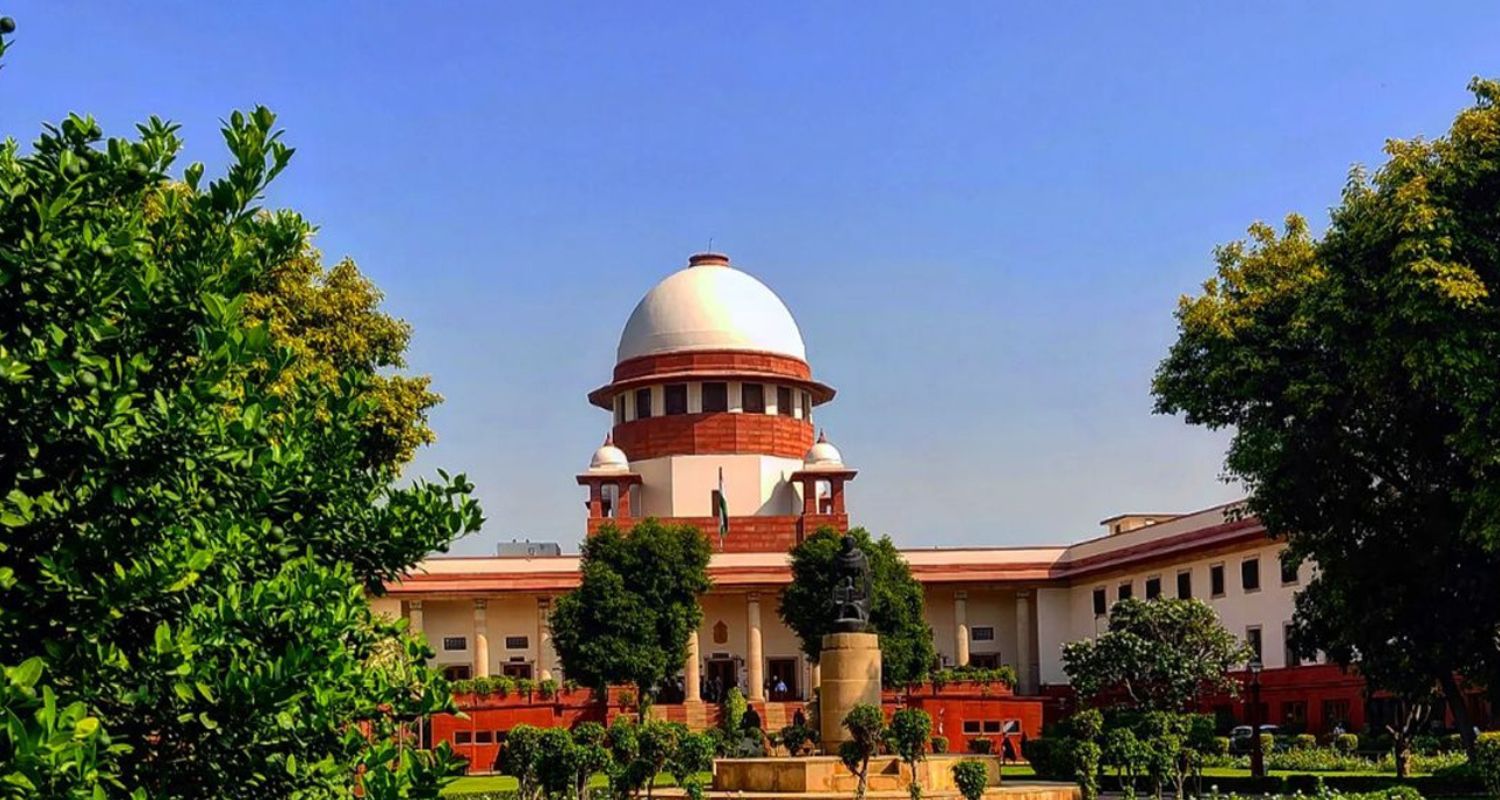Chief Justice of India (CJI) Justice BR Gavai has cautioned against allowing technology to take precedence in the justice delivery process, warning that it could gradually erode public confidence in the judiciary. He stressed the importance of retaining a human-centered approach to justice, even as courts adapt to technological advancements.
Speaking on May 4 at the British Institute of International and Comparative Law in London, Justice Gavai delivered the keynote address on the theme “Courts, Commerce & the Rule of Law.” His address focused on the judiciary’s role in balancing the demands of global commerce with the enduring principles of the rule of law, particularly in the digital era.
Citing former Chief Justice of India DY Chandrachud, Gavai remarked, “Technology should be a means of ensuring justice to everyone.” He added a cautionary note: “The moment we let technology take the driver’s seat in the legal system, we begin to erode the public’s faith in us and with it, the foundations of the rule of law.”

Justice Gavai further emphasised that while the push for digital transformation in the judiciary is inevitable, it must not come at the cost of human values. “In this rush toward technological integration, we must not lose sight of our humanity. The rule of law exists not as an abstract concept but as a living promise to real people facing real problems,” he said. “Each case that comes before our courts represents someone’s hope for justice, and someone’s faith that the system will work fairly and equitably.”
He highlighted that courts, as sentinels of the rule of law, stand at the intersection of tradition and innovation—simultaneously preserving time-tested legal wisdom and shaping the future of justice.
Justice Gavai called upon courts across the globe to uphold the rule of law in the face of rapid changes in commerce and technology. He noted, “In the realm of global commerce, we have the power to ensure that freedom, guided by justice, sustains the integrity of efficient and dependable commercial dispute resolution systems for generations to come.”
He stressed the need for judicial systems to engage with the evolving legal and commercial environment in a thoughtful and pragmatic manner, stating, “The rule of law in the digital age requires not just our attention but our active and thoughtful engagement guided by commercial pragmatism.”
Reflecting on the judiciary’s critical function, the CJI said courts must prioritize efficiency in resolving disputes within commercially acceptable timeframes. “Efficient resolution in a commercially sound timeframe becomes the primary objective, not necessarily ‘justice’ in the abstract or normative sense,” he said. He also stressed that judicial interpretations of statutory provisions must be pragmatic and should not obstruct commercial activity.
He referenced a recent Supreme Court judgment addressing the scope of judicial powers in modifying arbitral awards. He noted that while the court recognised the possibility of limited modifications, it was careful to avoid encroaching upon the arbitral process by re-evaluating the merits of the case, thereby preserving the core purpose of arbitration as an efficient dispute resolution mechanism.
In discussing the future of justice delivery, CJI Gavai observed the dramatic shift in technology over time—from early mechanical innovations to the ubiquity of smartphones and sophisticated computing. He pointed out that algorithms increasingly shape daily decisions, influencing everything from online content to hiring practices. However, he cautioned against overlooking the irreplaceable human dimension of justice.
Also Read: Constitution has kept country united in crisis : CJI B R Gavai
“Today, we live in an age where computer algorithms increasingly shape our daily choices... In these times, it is easy to forget that the human touch still matters immensely in the realm of justice,” he said.
According to Gavai, unlike algorithms that optimize for patterns or preferences, legal systems must remain rooted in fairness, reason, and principled judgment. “The rule of law stands resolute as humanity’s oldest and most dependable algorithm which, far from being a static concept, has evolved alongside humanity,” he said.
Referring to India’s constitutional structure, he underlined the significance of judicial review powers and the enduring supremacy of the Constitution’s basic structure. “In India, where the Constitution's basic structure remains supreme and judicial review powers permit courts to strike down parliamentary law as unconstitutional, we treat the rule of law as both an anchor and a sail, providing stability while enabling necessary adaptation.”
Justice Gavai also commented on the need for judicial independence and autonomy in commercial adjudication but emphasized that such autonomy must not compromise the core obligation of courts to uphold justice for all citizens. “The legitimacy of commercial adjudication lies not merely in respecting parties’ choices, but in ensuring that those choices operate within a framework of fairness, enforceability, and legal accountability.”
In his concluding remarks, he warned against the pitfalls of what he termed “due process paranoia,” where overly technical or excessive judicial scrutiny could hamper commercial efficiency. He said that low thresholds for excessive judicial second-guessing by judges and arbitrators can ultimately become counterproductive. The Chief Justice’s speech served as a compelling reminder that while technology and commercial considerations are vital to modern justice systems, they must remain subordinate to the larger mission of fairness, human dignity, and the enduring strength of the rule of law.
Also Read: Corruption, misconduct within judiciary impact public trust: CJI



